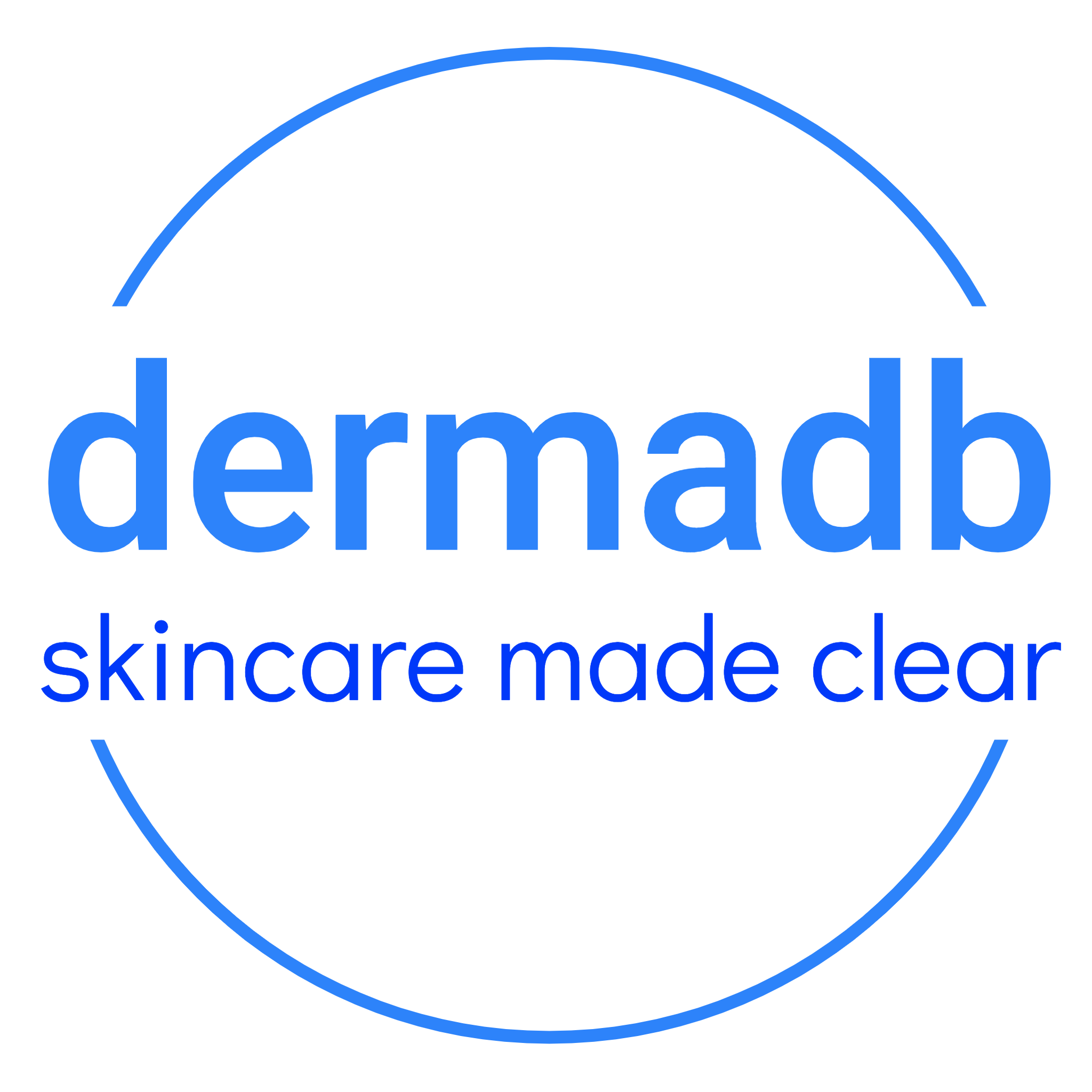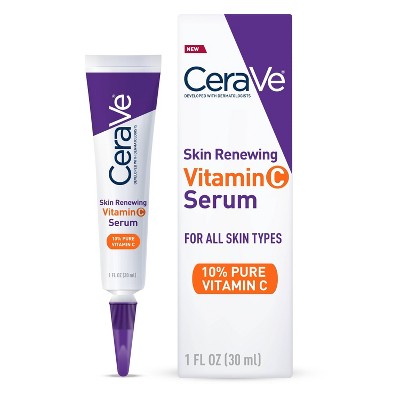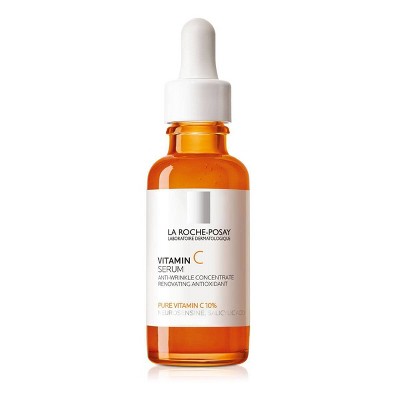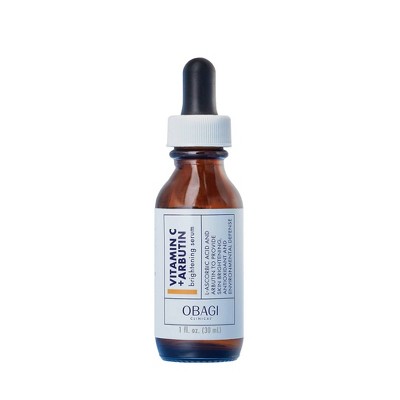Vitamin C: The brightening antixodant for your skin
Browse all skincare products that contain vitamin C now in our comprehensive DermaDB database
Vitamin C is a potent antioxidant that is often used in skincare products due to its ability to brighten and even out the skin tone. When applied topically, vitamin C helps to reduce the appearance of dark spots, hyperpigmentation, and fine lines by inhibiting the production of melanin and boosting collagen production.
Vitamin C is a transformative ingredient in skincare as it brightens the complexion, evens out skin tone, stimulates collagen production, and protects against free radicals, resulting in a more radiant, youthful, and resilient complexion. It is truly a multi-tasking active ingredient!
How does Vitamin C help improve skin appearance?
Vitamin C is a strong antioxidant, meaning it helps protect the skin from damage caused by free radicals. Free radicals are unstable molecules that contribute to premature aging and skin damage. By neutralizing these free radicals, vitamin C helps maintain the skin's youthful appearance and reduces the signs of aging.
Another primary effect of Vitamin C is its ability to brighten the complexion and even out skin tone. It inhibits the production of melanin, the pigment responsible for dark spots and hyperpigmentation, resulting in a more radiant and uniform skin tone.
Additionally, vitamin C plays a crucial role in collagen synthesis. Collagen is a protein that provides structural support to the skin, keeping it firm and resilient. As we age, collagen production naturally decreases, leading to the formation of fine lines and wrinkles. Vitamin C stimulates collagen production, helping to improve skin elasticity and reduce the appearance of wrinkles, resulting in a smoother and more youthful complexion.
Furthermore, vitamin C has anti-inflammatory properties, which can help soothe and calm irritated skin, making it beneficial for those with sensitive or acne-prone skin. It also aids in the repair and regeneration of damaged skin cells, promoting a healthier skin barrier.
If Vitamin C can reduce melanin production is it suitable for people of color?
While it is true that Vitamin C has the potential to reduce melanin production and address issues such as hyperpigmentation, it does not specifically target or bleach the skin. Instead, it works to regulate melanin production and promote a more even skin tone.
What is the difference between niacinamide and Vitamin C for my skin?
Both Vitamin C and niacinamide (also known as Vitamin B3) are versatile ingredients that have a wide range of effects on the skin. Whilst they work differently they can both be used together in a skincare routine for optimal results.
Niacinamide is effective in reducing redness and inflammation, and may be more suitable for particularly sensitive skin. While both ingredients offer valuable benefits, niacinamide is well-suited for overall skin health and oil control, while Vitamin C is renowned for its brightening and anti-aging effects.
What are some products that contain Vitamin C?
Disclosure: Dermadb.com may earn a commission on links in this section
Here are some products that contain Vitamin C as the active ingredient from great-value brands such as CeraVe up to luxury brands such as Obagi Clinical. These products all contain the same active ingredient, so choose the one that bests matches your budget!
What should I keep in mind when using Vitamin C?
Vitamin C is particularly prone to oxidation and can degrade when exposed to air, light, and heat so store products properly in a cool, dark place to maintain their effectiveness.
Vitamin C can interact with certain ingredients, particularly those with a low pH. Avoid combining Vitamin C with exfoliating acids, such as AHAs or BHAs, as they can reduce its effectiveness. It's best to use Vitamin C in your morning routine and exfoliating acids in your evening routine to ensure optimal results.
As with all active ingredients start with a lower concentration and gradually increase it as your skin adjusts. If irritation persists, discontinue use and consult a dermatologist.



